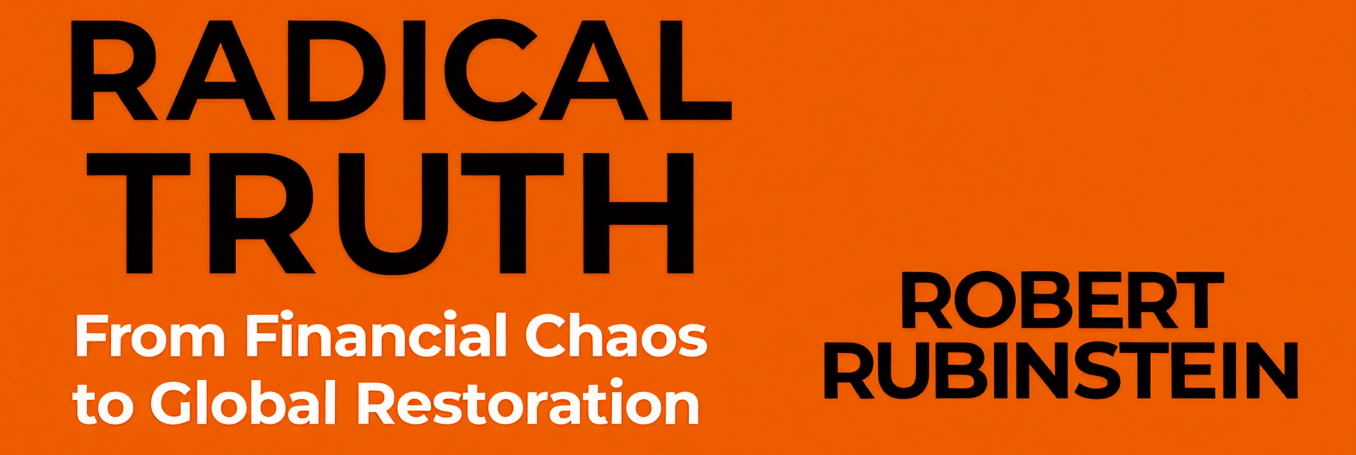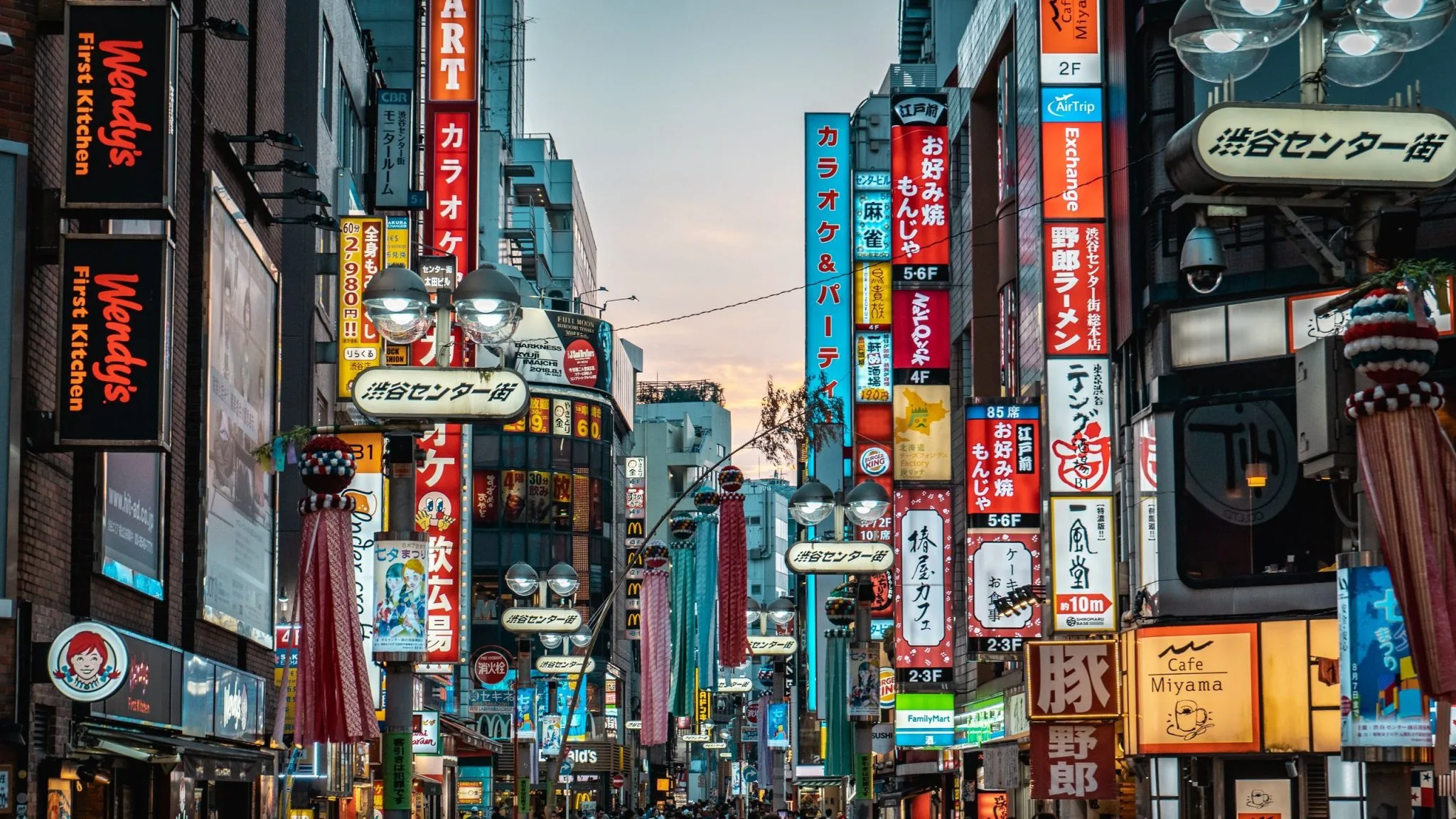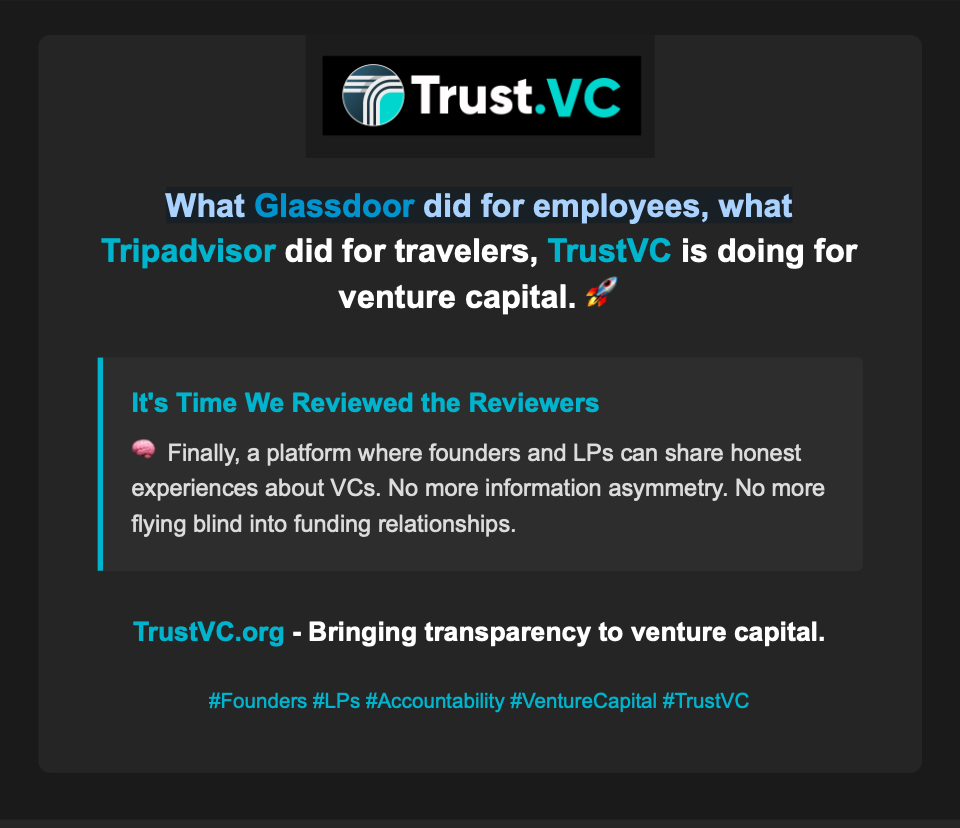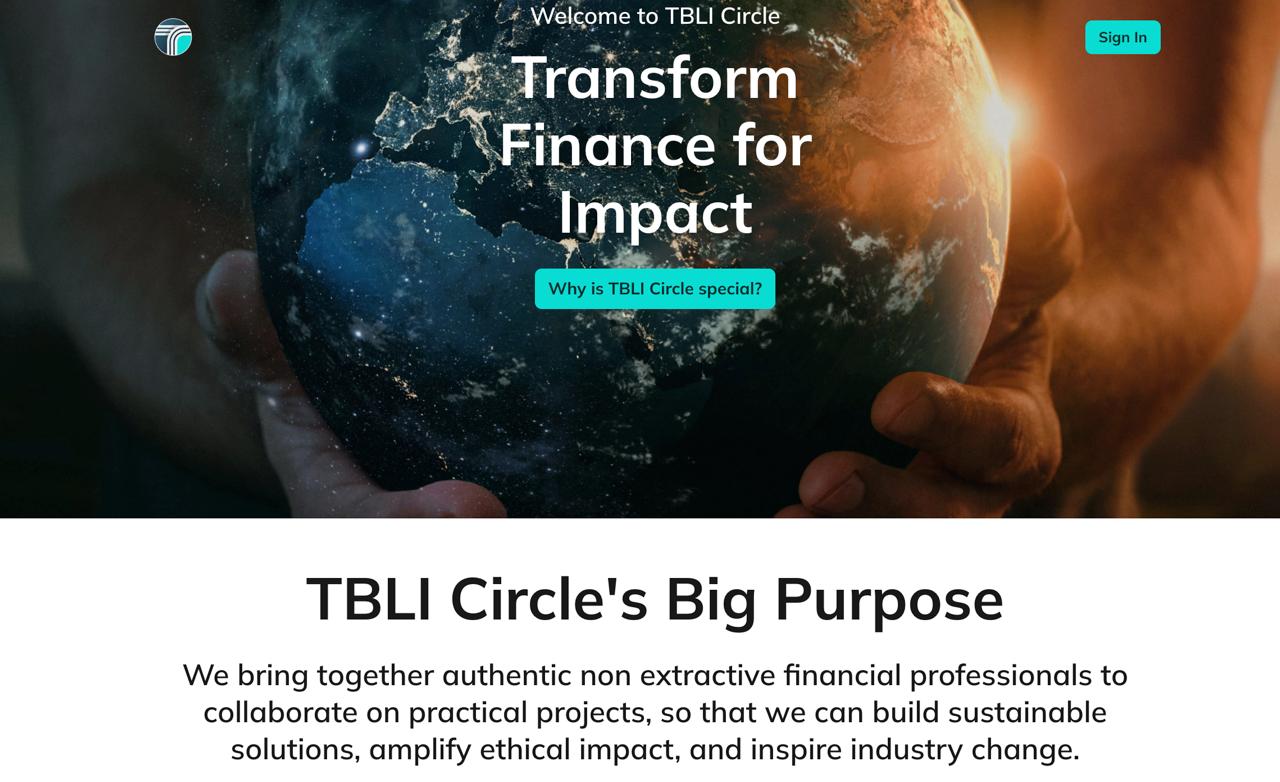 |
|
Author: Robert Rubinstein |
Your weekly guide to Sustainable Investment |
|
|
 The Upside of Collapse: Why the End of This Shitshow is the Best News You'll Get All DayRobert Rubinstein
|
4 Questions that Will Shape COP30 for Vulnerable CountriesIn a year marked by escalating climate impacts, economic headwinds, climate policy rollbacks and a rapidly shifting geopolitical landscape, the road to the 2025 UN climate summit (COP30) has been shaped by uncertainty and urgency. At the same time, the significant uptick of renewable energy in many countries signals important opportunities for progress. This article was written with input from the consortium Allied for Climate Transformation by 2025 (ACT2025), a group of experts and thought leaders from climate-vulnerable countries working to drive greater climate ambition on the international stage. Learn more about ACT2025 and its work here. While countries — including the most vulnerable — update their climate plans known as nationally determined contributions (NDCs), the world is still collectively off track to limit global warming to 1.5 degrees Celsius (2.7 degrees Fahrenheit). And the cost of falling short is already clear. Vulnerable communities worldwide are shouldering mounting death tolls from extreme weather events, disaster-induced internal displacement, and the disruption of global supply chains leading to food insecurity and reduced healthcare access. Tight global financing conditions and rising debt distress are systemic issues making matters worse. That’s not just a problem for climate-vulnerable countries: The impacts of climate change, undeterred by borders, will have direct and knock-on effects that will reverberate throughout the global economy and society. That is why COP30 is at a critical crossroads. Failure to deliver strong outcomes risks exacerbating vulnerable countries’ exposure to climate hazards, losing critical development gains, deepening inequality, and further eroding trust in international cooperation and diplomacy. On the other hand, climate action can provide important benefits for vulnerable countries, as we’ve seen with solar water heaters reducing household energy bills in Barbados, improved air quality in Nepal and Ethiopia with increased EV uptake, and more resilient agriculture across Africa. This year’s summit will be a vital test to find consensus, raise collective ambition, and turn it into real-world action and support. COP30 is set on the edge of the Amazon with the Brazilian presidency highlighting a renewed focus on ending forest loss, boosting climate finance and turning negotiations into action — all vital for climate-vulnerable countries. But will it deliver? For vulnerable countries, the stakes could not be higher. WRI COP30 Resource Hub Attention now turns to the issues that will shape success or failure. At COP30, the ACT2025 consortium, a coalition of experts and thought leaders who amplify the voices of climate-vulnerable developing nations in climate negotiations, will be actively participating and watching how the summit responds to four critical questions: |
Tokyo to Issue World’s First Certified Climate Resilience Bond by ESG News • October 20, 2025
Tokyo Sets Global Benchmark for Climate Adaptation FinanceTokyo is preparing to issue the world’s first climate resilience bond certified under the Climate Bonds Initiative’s (CBI) new Resilience Criteria and Taxonomy, marking a major evolution in sustainable finance. The bond, verified by Rating and Investment Information, Inc. (R&I), is part of the TOKYO Resilience Project, a sweeping municipal effort to fortify the capital against escalating climate risks. With over 14 million residents and exposure to severe flooding, storm surges, and typhoons, the Tokyo Metropolitan Government (TMG) aims to use the TOKYO Resilience Bond to channel investment into long-term urban safety and climate preparedness. Financing the Frontline of Urban ResilienceProceeds from the issuance will fund a range of adaptation measures designed to protect critical infrastructure and communities. Key investments include upgrading river systems, developing coastal protection around Tokyo Bay and nearby islands, reinforcing storm barriers, and undergrounding utility poles to prevent collapse during extreme weather events. Other financed projects include sediment disaster prevention systems and the renovation of port facilities to shield remote island communities particularly vulnerable to typhoons. TMG officials say these projects represent both immediate and structural safeguards—combining flood prevention engineering with forward-looking resilience planning. |
What Sustainable Investors Got Wrong — And Why It Is Still the Future of FinanceSustainable investing is headed for a resurgence with the potential to come back smaller and stronger. By Rob Brown and Aniket Shah October 20, 2025 ,Institutional Investor
Sustainable investing doesn’t work. ESG is just marketing. Impact investing is a club. We’ve heard it all, and after decades assessing and carefully considering the underlying issues, we firmly believe those criticisms are . . . partly true. One of us (Rob) has spent thirty-five years in financial markets, starting as an economist, moving on to portfolio management, and eventually running an impact focused hedge fund. The other (Aniket) has a PhD in economic geography and spent years in economic development before finding a calling on the sell side as a #1 ranked II analyst. Rob was an investor who saw the promise of a policy lens, and Aniket was a policy advocate who saw the promise of deploying private capital. Both of us believe in rigorous analysis, empirical methods and open debate. Neither of us started our careers intending to “do well and do good”. And yet despite our backgrounds, or perhaps because of them, we both landed as passionate advocates for solving many of the world’s challenges with hard-nosed capitalism. What we have found over the years is that so-called sustainable investing, when executed in the context of rigorous, long-term financial thinking, works. What worries us is that people increasingly believe it does not, not because it has failed, but because it has been too-often misguided. Let us explain. It is clear to us, and to many others across the investing spectrum, that mega-trends like climate change and artificial intelligence, as well as the accelerating pace of growth in developing economies will fundamentally reshape the global economy. In response, we believe the capital being deployed today should be allocated in a way that ensures the best long-term outcomes for both investors and the global population. We know that is not a wholly original idea. We believe that capitalism and the tools that enable it in the financial markets offer the best opportunity to drive resources efficiently. That requires capital allocators – corporates, fund allocators, and asset managers to make highly informed investment decisions as responsible fiduciaries for the financial gain of their beneficiaries (i.e. shareholders, customers, pensioners). Those beneficiaries both benefit from and influence the decisions of those same allocators. Thus, capitalism can only succeed if it is supported by an investors’ framework which embraces a long-term approach to the creation of global wealth, and prosperity for all. And that is, by definition, sustainability. The failure to envision economic success through that long-term lens has brought painful lessons for hundreds of years. The 2008 sub-prime mortgage crisis was just one example in a long list of events when unlimited or lightly regulated access to capital caused massive social and financial pain. With that idea as a caution, we note that climate change is fundamentally an economic challenge, with most of the world’s environmental externalities not being priced into decision making of policy makers or investors. To be clear: economic success requires long-term thinking – period. But despite that logic, investing to achieve social and/or environmental good alone is too frequently unsuccessful. With trillions of dollars in “sustainable investing assets” in the financial markets, we have seen that these endeavors can succeed but too often don’t. The successes are good businesses. The others generally fail because many traditional socially responsible investors did not consider the fundamentals of good investing. They wish for something to be a viable business rather than applying robust financial and economic analyses to determine if it is. That can’t continue. We are writing this essay because we are concerned about the field of sustainable investment and want to defend it by improving it. Ultimately, we firmly believe that sustainable investing and impact investments not only have a future within capital markets - indeed they are the future of capital markets. But they will succeed if and only if seen through the prism of long-term thinking and implemented with the tools of traditional financial analysis. To achieve this goal, there are 6 tactical steps we see as crucial – in what follows we outline the challenges to date and a path forward for the industry. |





.png)

